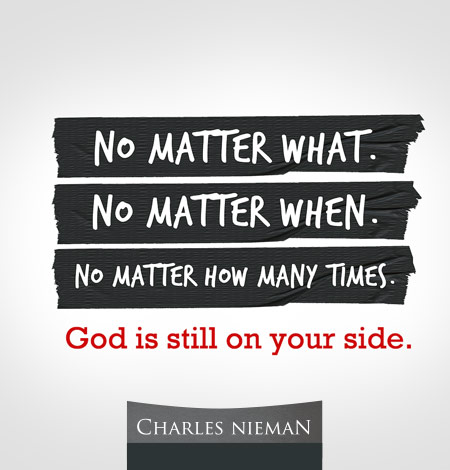A couple of weeks ago, I began asking people if it were a full moon outside. It was my sarcastic way of downplaying the distress in my life. To be distressed, according to google, is to experience anxiety, sorrow or pain. But, distress is more than that. In fact, Marriam-Webster (by the way in our world that is all things Google, we lose some richness from our lives – use other sources for information occasionally) adds that distress is a state of danger or desperate need. Distress, in my life, shows up when the things that I put my hope in, the things that I trust my future with, don’t perform the way that I expect them to. The disciples experienced this too.
As they were gathering in Galilee, Jesus said to them, “The Son of Man is about to be delivered into the hands of men, and they will kill him, and he will be raised on the third day.” And they were greatly distressed. Matthew 17:22-23
Do you see it? At this point, the disciples had given up their entire lives for Jesus. Their careers, family life, money, everything. The only comfort and security they know is Jesus. What does he do? He tells them that he is going away. Worse than that, he is going to die. They knew that they found the very best thing to live for and now it is going away. It could never be replaced. No relationship, no job, no wealth could give them hope. The result? Distress – agony, anguish, tribulation, excruciation, torment and torture.
As I consider the disciples’ lost hope, I see that distress reveals much about our own lives. Chiefly, distress in our lives exposes the object of our affection. Some of us, put our hope in people, maybe a spouse. Many choose the organization that we work for. When these let us down, or they change course, our future looks different than what we originally chose. We find distress. Do not, for a second, think that distress is a bad thing. I think Jesus allowed, even wanted his disciples to experience it. Why? Because it caused them to reevaluate. It caused them to clarify why they were following him and was it worth continuing.
History shows that the disciples continued to choose Jesus, despite their distress and the uncertainty of his future. In him, they found life, abundantly. That abundant life continued even after his death. Today, we get that same benefit. In fact, he promises that he will be with us “even to the end of the age” (Matt 28:20). Because of that eternal promise, we never have to experience distress. When we do, our hope is in the wrong place.


